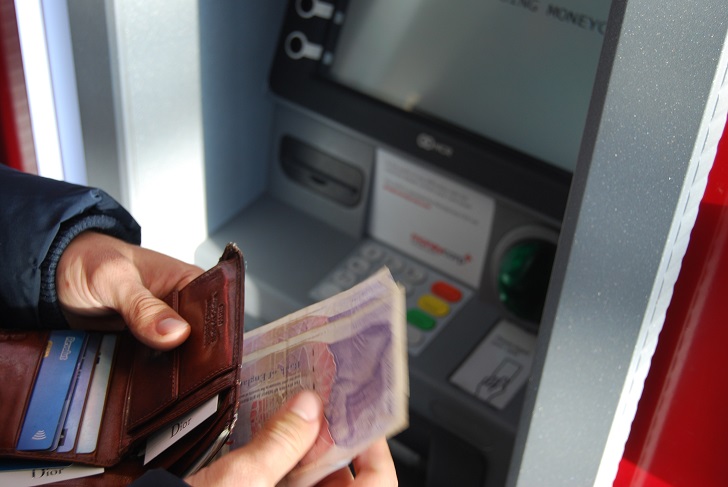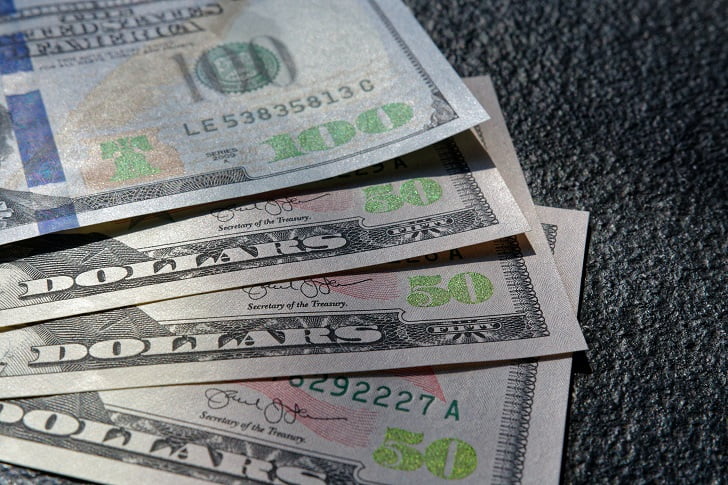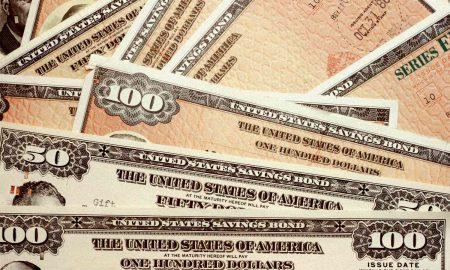
3 Mistakes to Avoid Doing to Your 401(k) During the Coronavirus Crisis

For years and years, you have watched the balance of your 401(k) account go higher. That is until the coronavirus crisis started wreaking havoc in the world’s economy. Now, the market has been seeing drops and continued volatility, which may be unnerving for most. However, financial advisors say that you shouldn’t let fear take over because you might end up doing something that could jeopardize your long-term retirement planning.
According to certified financial planner Shon Anderson, who heads Anderson Financial Strategies in Dayton, Ohio, this crisis has created opportunities for people to make mistakes regarding their 401(k). Unfortunately, Anderson says that not everyone will be able to dodge these errors, especially if you’re one of those whose income got affected.
The COVID-19 pandemic has shaken the U.S. economy. Businesses had to shut down or lay-off or furlough their employees. In fact, more than 16 million have lost their jobs during the last 3 weeks. It’s still uncertain when the economy or the stock market will be able to bounce back, but these three things should not be in your to-do list if you want to make the most out of your retirement savings.

The market drops due to the COVID-19 crisis may be scaring most people to withdraw their investments
Withdrawing Your Money
There’s a recently passed legislation that aims to ease the financial impact of the pandemic. It has enabled 401(k) participants under the age of 59.5 to withdraw up to $100,000 without paying the early withdrawal penalty of 10%. However, you still have to pay income taxes if you can’t replace the money in 3 years. Aside from that, the limit for 401(k) loans have also been increased from $50,000 to $100,000.
Employers have a choice if they will allow coronavirus loans or withdrawals in their plans. Withdrawal should be for a coronavirus-related reason such as getting impacted financially or you or your spouse contracted it. Don’t take too much because you have to justify it down the line.
For financial advisors, withdrawing money from your 401(k) account should be the last resort. Even if you’re financially struggling, Anderson says to avoid withdrawing cash unless it’s absolutely necessary. Try to find ways to reduce your immediate obligations that need cash like having your mortgage or student loan in forbearance. This means that payments will be postponed or reduced but interest still continues to accrue.

Withdrawing your 401(k) account for cash should be the last option, according to experts
Going to Cash
A number of things can happen when you convert your 401(k) investments and sell them for cash. Any loss that you may have incurred at that time may be locked in. It’s like you’re selling stocks at lower prices. Aside from that, you may also miss out on good days on the stock market. Trying to figure out the right time to plunge back into the market may be quite a challenge. According to research, missing out on the market’s best-performing days can jeopardize your long-term returns.
Anderson says not to allow emotions to take over your decisions. The significant market declines that accompany economic downturns have always recovered and increased even higher.

You may miss out on good stock market days when you withdraw your funds
Stopping or Reducing Your Contributions
Even if your employer pauses on matching your contributions, advisors recommend still continuing with your part. Stopping your own contributions is a huge mistake, according to Kristi Sullivan, a CFP and owner of Denver-based Sullivan Financial Planning. Experts recommend that those who still have jobs or are not worried about their cash flow should increase their 401k contributions.
More in Business & Finance
-
`
Why 50-Year-Olds Are Looking for a Career Change
In today’s fast-paced and ever-evolving job market, it’s not uncommon to see individuals in their 50s embarking on new career paths....
November 20, 2023 -
`
Why Mortgage Demand Is Crashing as Interest Rates Skyrocket
Imagine having a favorite local ice cream shop that suddenly jacked up its prices by 50%. You would probably think twice...
November 18, 2023 -
`
Santo Spirits | Sammy Hagar and Guy Fieri’s Joint Venture
In the world of entrepreneurial partnerships, some unions are destined for greatness. The unexpected alliance between Sammy Hagar, the iconic Van...
November 12, 2023 -
`
Branded Content: A Genuine Way to Connect With Your Audience
Have you ever binge-watched a series on Netflix, only to later realize that the beverage everyone’s sipping on is that brand...
November 3, 2023 -
`
Southwest Airlines Tackles Passenger and Labor Challenges
Southwest Airlines, a prominent player in the aviation industry, has found itself at a crossroads, facing a combination of passenger dissatisfaction...
October 28, 2023 -
`
Everything You Need to Know About Blended Interest Rates
Hou ever blended a smoothie and thought, “How on Earth do my strawberries, spinach, and protein powder come together to taste...
October 17, 2023 -
`
The Osbournes ‘Relaunch’ Podcast After 5 Year Break
If you were glued to your TV in the early 2000s, there is no way you missed the hilarious, raucous, and...
October 10, 2023 -
`
Tesla in China: Back-to-Back Price Drops, But No Sales Jump?
As temperatures soared in the summer of 2023, Tesla seemed to be heating things up in the Chinese market too. A...
October 6, 2023 -
`
Navigating Red Flags in the Workplace
In the journey of our careers, it’s not uncommon to encounter red flags in our jobs that signal potential issues or...
September 30, 2023















You must be logged in to post a comment Login